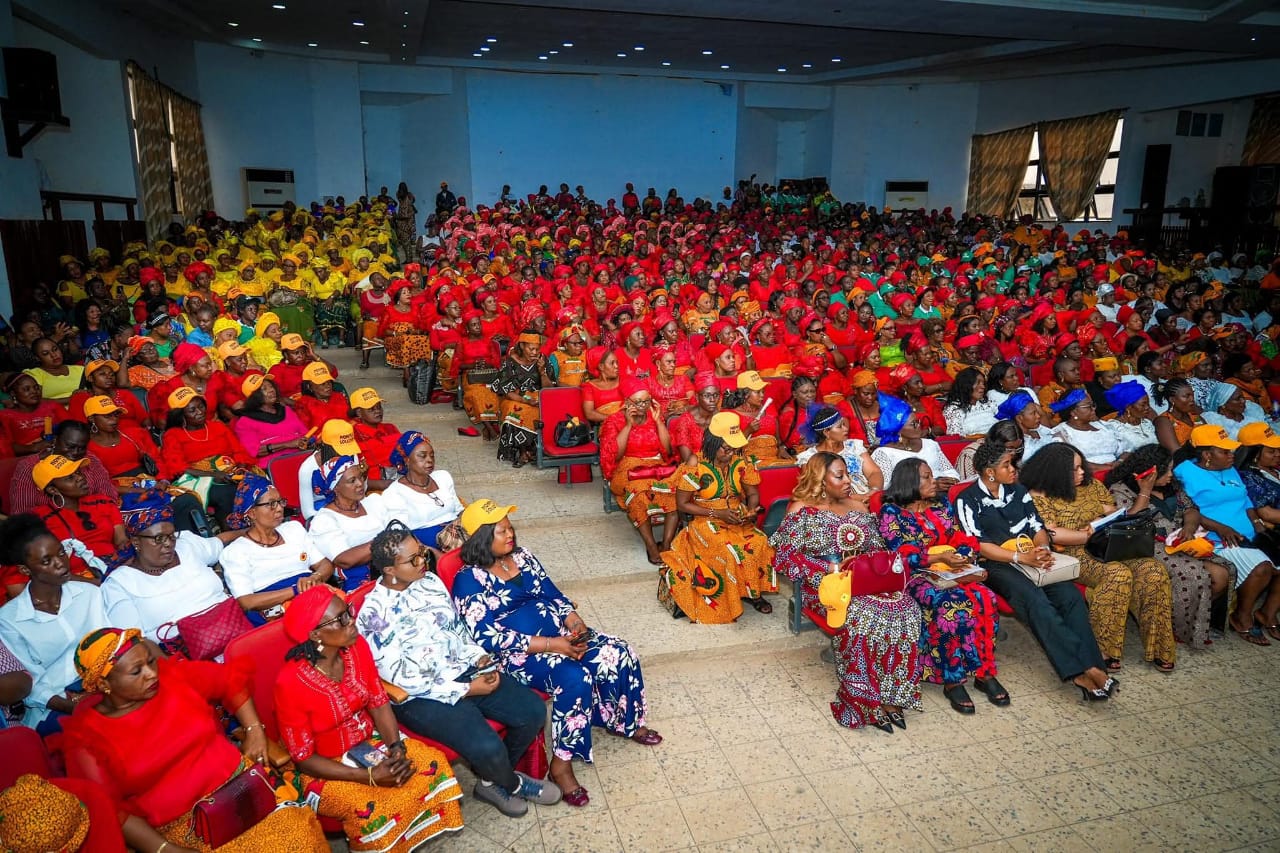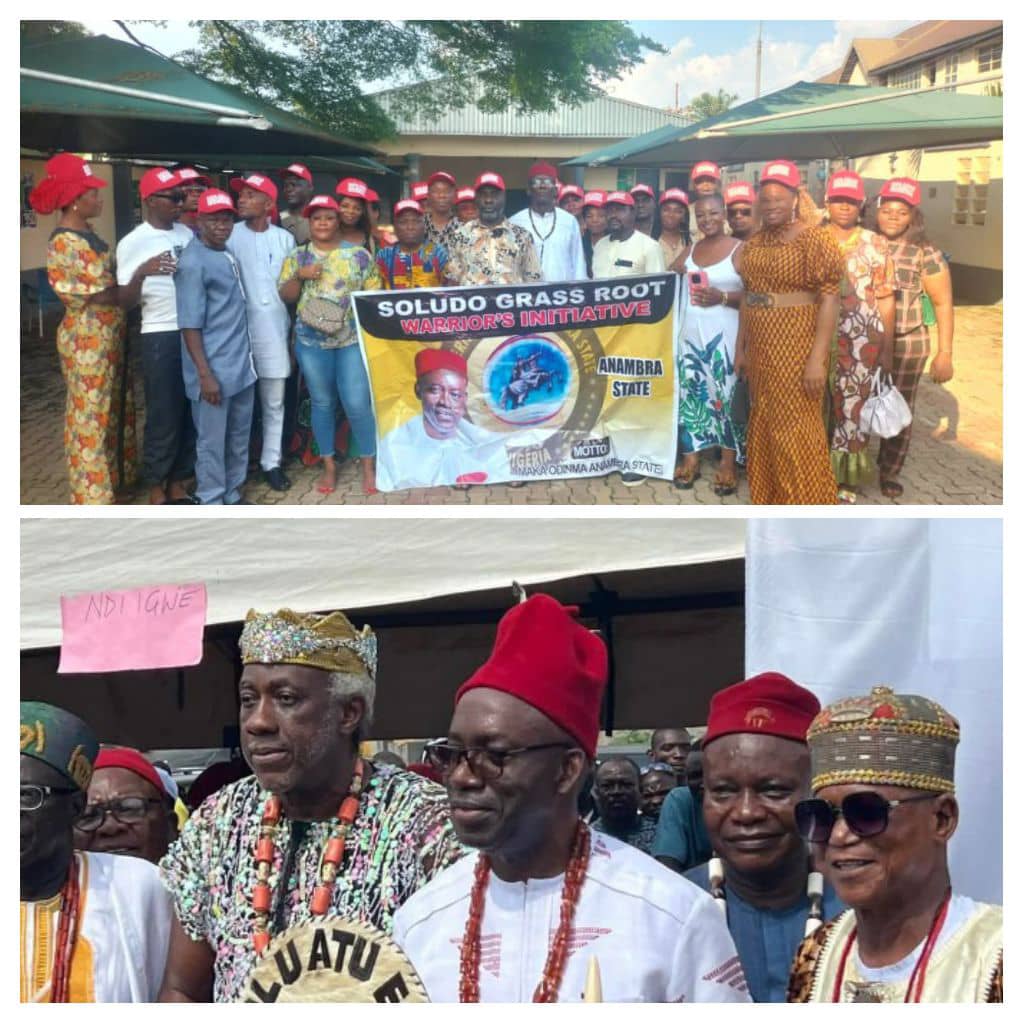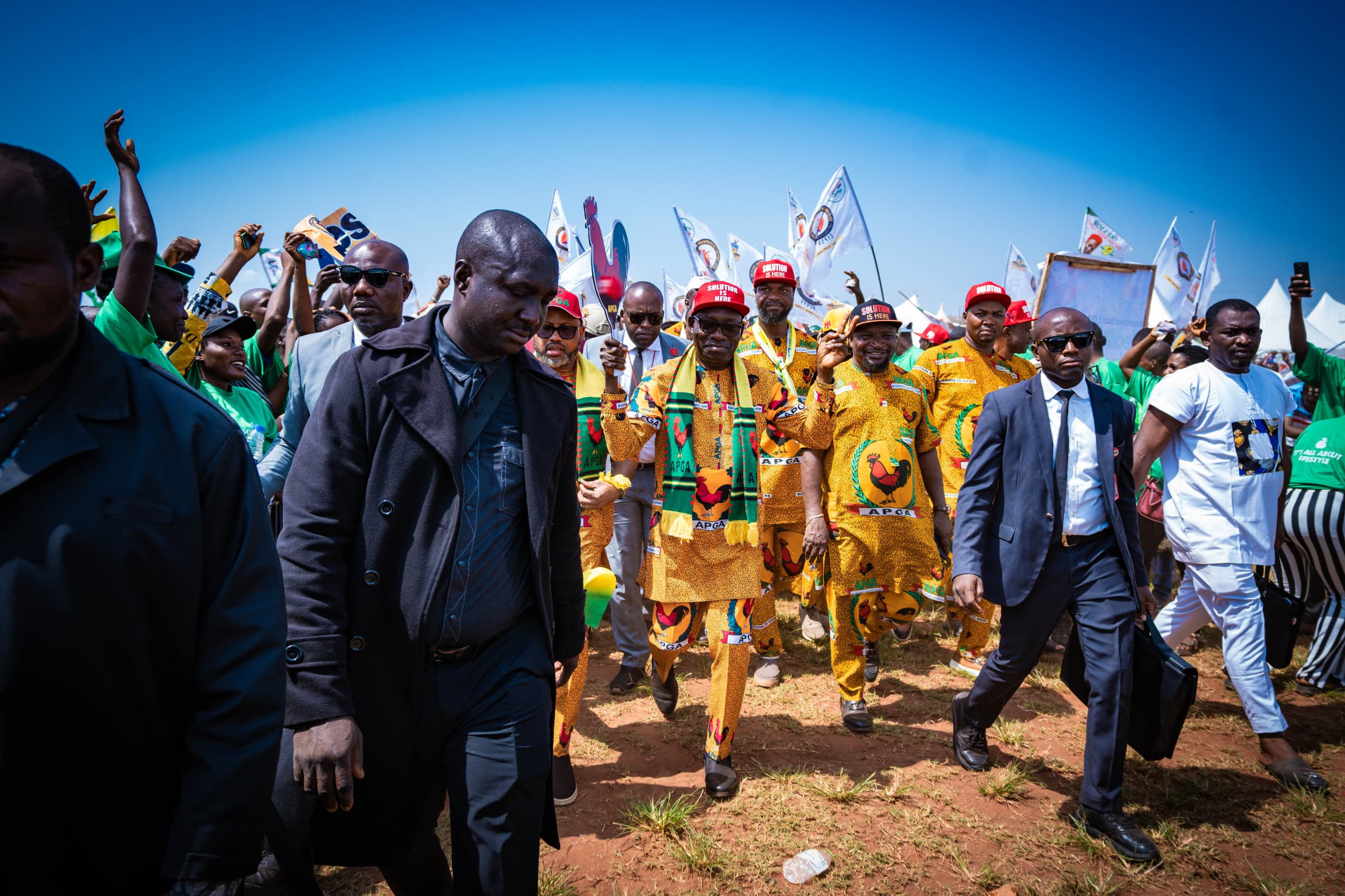Ukpa Ewa
Despite constitutional guarantees of equal political rights and ongoing campaigns for women inclusion in governance, the chances of a woman becoming the Governor of Anambra State remain slim and seem like a mirage.
An investigation into the political landscape of the state reveals a complex mix of cultural bias, financial barriers, political party gatekeeping and internal gender-based apathy.
All contributing to the current reality where few female candidates are contending for the 2025 governorship election in the state.
Although Chioma Ifemeludike, an actress turned activist, has emerged as the sole female governorship candidate in the forthcoming Anambra governorship election under the African Action Congress (AAC), she in a press briefing, lamented the harsh realities female aspirants face in Nigerian politics.
According to her, “From condescending attitudes by government officials to outright sabotage and financial starvation, the system is not designed for women to win, but I am in the race to win” she said.
Ifemeludike revealed that even after securing the party’s ticket, fundraising has not been easy as she struggles to raise money to give to supporters as little as paying their transportation back to their various destinations.
According to her, media coverage and grassroots access are largely controlled by fund.
She acknowledged that though money is not gender sensitive, evidence show that men possess more money than women and prefer to invest it on men politically to women.
Her journey, though exceptional, is a stark contrast to the prevailing silence across major parties, where no other woman has picked up a nomination form, despite fee waivers and gender inclusive rhetoric.
Though no law bars women from contesting for governorship, political party leaders across major platforms in the state say that female aspirants have failed to indicate interest, even when incentives are provided.
Nomination form at no or low cost
In the Young People’s Democratic Party (YPP), the National Chairman, Comrade Bishop Amakiri, disclosed that women were offered nomination forms at no cost, yet, not a single woman picked up the form.
“We are gender-friendly. Our Deputy Chairman is a woman. But democracy works on interest, not sympathy.
No woman came forward, so we couldn’t force it,” Amakiri said in an interview.
Similarly, Comrade Patrick Obianyo, Chairman of the African Democratic Congress (ADC), lamented the lack of female contenders despite that party halved the nomination fee from N20 million to N10 million to encourage female aspirants.
“Governorship isn’t a tea party,” he said. “It requires serious commitment, political exposure and deep grassroots mobilization.”
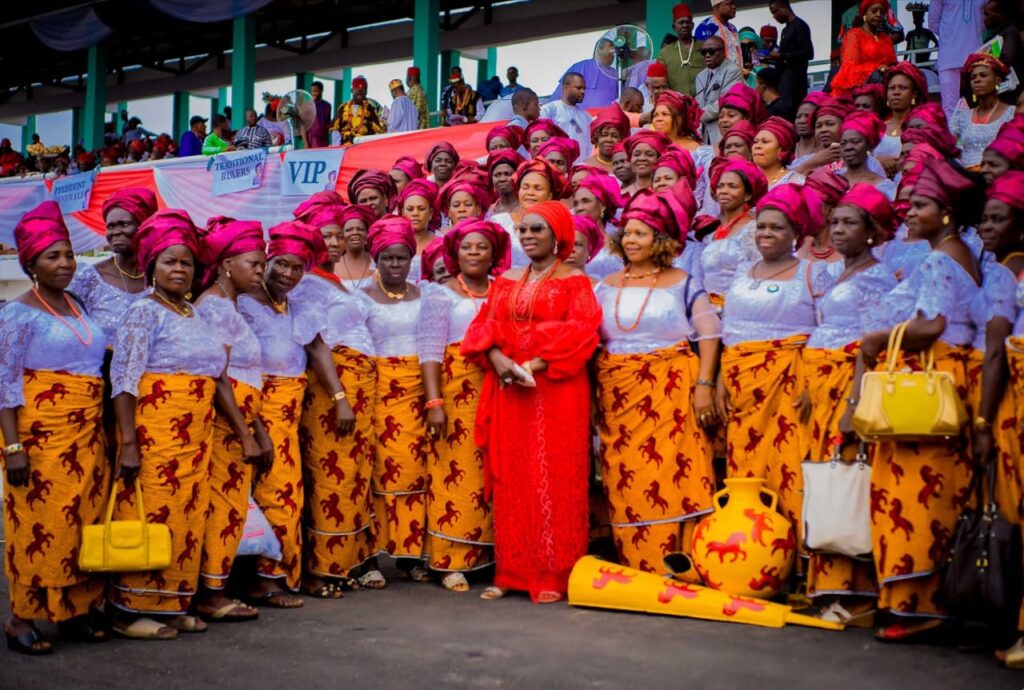
Beyond financial and political hurdles, many women in Anambra are found to lack the necessary social and emotional support to sustain political ambitions.
The political terrain requires stamina, often 18-hour days filled with travel, consultations, strategy meetings and media engagements.
“It is not that women can’t lead, but the political process in Nigeria is warlike,” said Comrade Obianyo.
“Even I, as a man, feel the pressure. Now imagine a woman in this environment.”
Money-bag politics
In the All Progressives Congress (APC), the scenario is no different. Mr. Ozomena Unegbu, the State Secretary, confirmed that the party fixed its nomination form at N50 million, with a 50% discount for women, yet no woman purchased the form in the state.
He described Anambra as a state where politics is capital-intensive. “Anambra APC is a billionaires’ club.
You must be able to fund your campaign, rallies, media visibility and grassroots network.
“No woman has stepped forward to compete at that level,” Unegbu said.
He controversially questioning whether a woman could perform certain traditional roles expected of a governor in Igboland, such as receiving kolanuts.
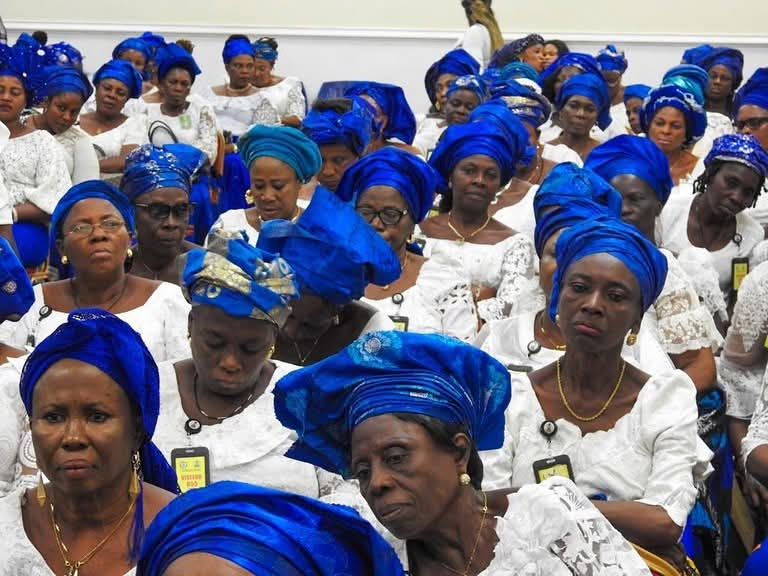
The financial burden of campaigning in Anambra is a recurring obstacle. A grassroots mobilizer and President, Ultimate Business Women and Farmers Association of Nigeria (UBWFAN), Mrs. Nkiru Nwagbo, shed further light.
“Running for governorship is like “a cow passing through the eye of a needle.”
She said aside from party forms and campaign logistics, candidates are expected to spend millions on billboards, media slots and transportation stipends for supporters.
“Women don’t just lack money, they lack the backers too. Many men don’t want their wives in the game, and the ones who do can’t fund the level of politics Anambra plays,” she regretted.
Wrong cultural mindset
Culturally, the mindset of the electorate remains a significant barrier. “Average voters in Anambra still sees women as homemakers not leaders.
“Even when a woman is qualified and bold, her own fellow women may not vote for her. Many still think it is a waste of vote,” she added.
The above sentiment is re-echoed by a notable traditional ruler, Igwe Pius Omachonu, Secretary of the Traditional Rulers Council of Anambra.
He said tradition does not oppose women leadership, but societal structure and political culture remain largely unfavorable.
“The issue is not democracy versus tradition. It is societal readiness. Who funds the campaign of a woman?
“Which husband allows his wife to travel round-the-clock holding political meetings? The job is intense,” he told this reporter.
The most recurring name in discussions about female political leadership is Senator Uche Ekwunife, currently the Deputy Governorship candidate of APC. Most respondents pointed to her as the only woman who has persistently contested for executive positions.
Even the case of Dame Virgy Etiaba, Nigeria’s first female governor, is often dismissed as an exception, as she became governor following Peter Obi’s impeachment and not through the ballot.
Other women such as Sen. Margaret Okadigbo, Sen. Stella Oduah, Sen. Joy Emordi, Hon. Maureen Gwacham, Hon. Chinwe Clara Nnabuife, Prof Lilian Orogbu among others have at one time or the other made it to national assembly but not governor.
Challenges not constitutional
Legal perspectives also confirm that the challenges are not constitutional but societal. Human rights lawyer, Mr. Ejiofo Umegbogu stated that the 1999 Constitution guarantees the right of every citizen, regardless of gender, to contest for office.
“There is no law barring women. The term ‘he’ in the Constitution is interpreted generically.
“But even with this protection, women still fail to emerge due to financial disadvantage, poor intra-gender support, and social stereotypes,” he said.
Umegbogu added that even women themselves are to blame for failing to rally around fellow female aspirants.
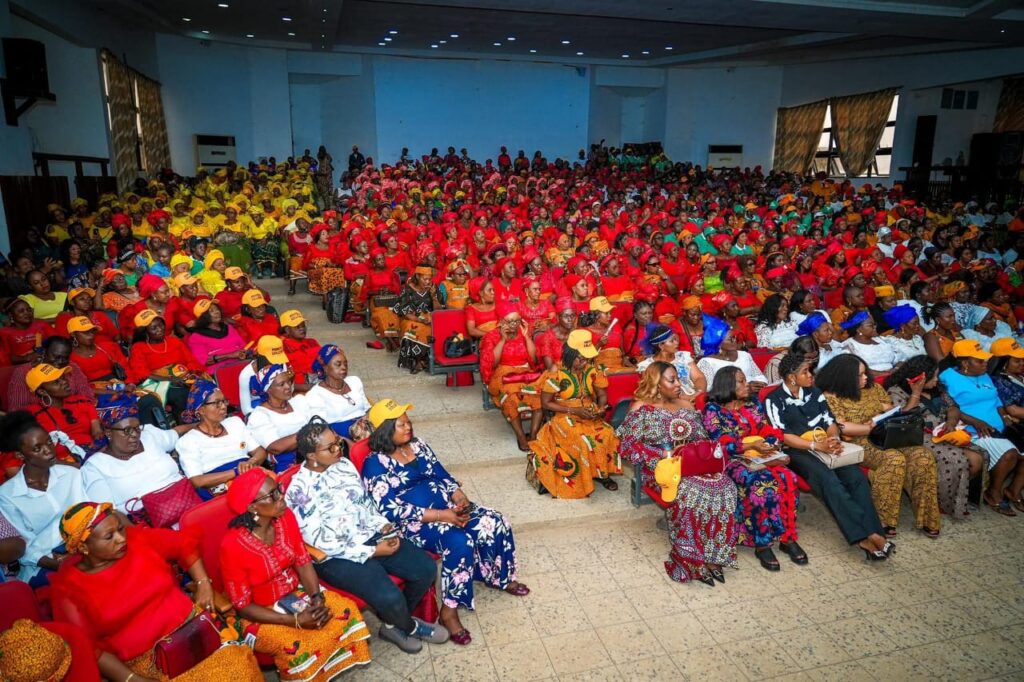
“When Sarah Jubril contested for president, women had the numbers to vote her, but they didn’t.
“Women often gravitate towards supporting male candidates. This is part of the problem.”
Within the fold of the ruling All Progressives Grand Alliance (APGA), in Anambra State, the situation is no more encouraging.
No vacancy in Government House
The party Woman Leader, Mrs. Esther Onyekesi, laughed off the idea of a female governor emerging soon.
She insisted that the current governor Prof. Charles Chukwuma Soludo has no equal and does not need opposition within the party.
“We have intelligent women, but with what Gov. Soludo is doing, I don’t think anyone, man or woman can beat him now. Maybe in the future,” she said.
As the state inches closer to another election cycle, one of the major factors that will determine the emergence of a female governor is intra-gender solidarity.
“Women vote more than men. If they all supported their own, things would change,” said Umegbogu.
“They must reclaim their historical power. Look at the Aba Women’s Riot. Our women used to be fearless. Now religion and imported ideas have weakened them.”
While the chances of a woman becoming governor of Anambra in the immediate future remain uncertain, interactions with the respondents show that the issue is not one of legal denial or lack of competence but a systemic and complex interwoven.
It spans from cultural expectations, economic disparity, political strategy and even internalized bias among women themselves.
Until these barriers are addressed through sustained advocacy, funding support, political education and intra-gender solidarity, the idea of a female governor in Anambra may remain aspirational, not reality.


